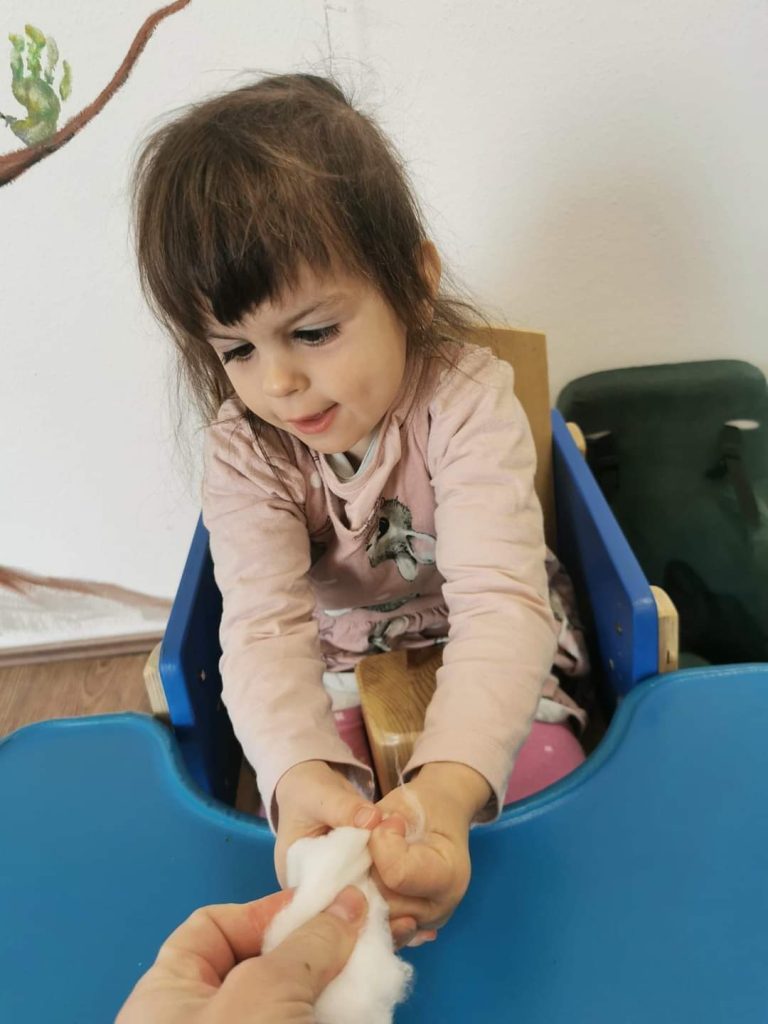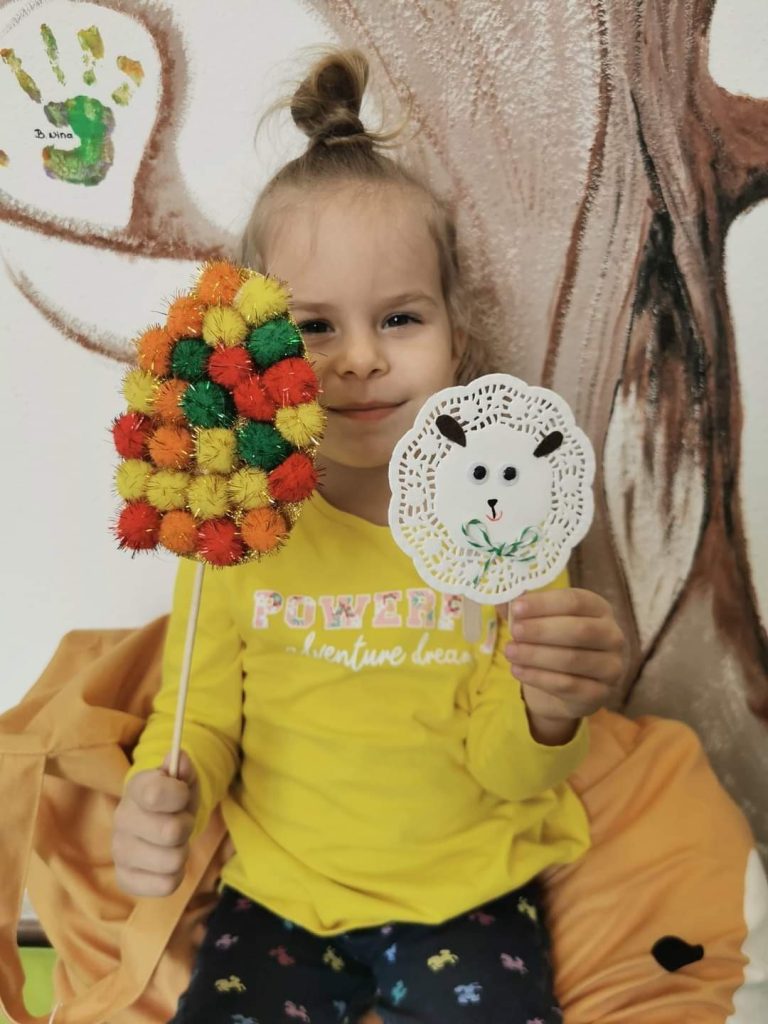Occupational therapy
Occupational therapy is a distinct branch of rehabilitation therapy that helps to improve
hand function and adapt to changes in lifestyle. It ranges from the selection of assistive
devices, through training in their usage, to adaptation to the living environment. As a
member of the rehabilitation team, the therapist is involved in work rehabilitation and
leisure activities. The aim is to reintegrate the individual into society and to achieve the
highest possible level of self-empowerment in relation to the changed living conditions.
The main aim of ergotherapy is to achieve the greatest possible independence by teaching
or re-learning everyday tasks. These include dressing, using the bathroom, eating and
other simple or seemingly simple activities. It is important to assess the patient's individual
abilities, needs and potential and to adapt to them. Occupational therapy places great
emphasis on the development of manual dexterity and fine motor skills. During
occupational therapy, it is important to teach the use of various assistive devices, such as
wheelchairs, orthoses or prostheses and walkers.
Occupational therapy may be needed by people who have musculoskeletal and/or cognitive difficulties, mostly due to neurological injury, who are rehabilitating after a long period of serious illness or accident, who have to re-train or relearn previously automatic movements in the case of certain chronic musculoskeletal or neurological problems (arthritis, multiple sclerosis, stroke), even to adapt to their changed abilities.
In addition to musculoskeletal disorders, we also take into account cognitive dysfunction, and we work with a special needs teacher to carry out developmental tasks.
Within early development, we incorporate basal stimulation and sensory integration into the therapy, so that occupational therapy can be started with children who are difficult or impossible to engage in active tasks. In such cases, the training of parents/carers is of paramount importance to ensure practice at home.
Recreation and experiential therapy in occupational therapy
As well as developing motor and cognitive functions, psychological development is just as important. If there are no recreational opportunities, no useful leisure activities, if the individual does not feel able to engage in everyday life, everything else is affected. Recreation is any cultural, social, playful and physical activity undertaken in leisure time for the purpose of active relaxation, to relieve fatigue and tension caused by the main daily activities, and to restore and enhance physical and mental performance and fitness. Experiential therapy includes all activities that bring pleasure to the individual and make his or her days more colourful. It is linked to the main functions of occupational therapy, namely the development of fine motor skills and self-care.
In the Pea House we always try to include the current holidays and occasions in the therapy weeks. Within the framework of the occupational therapy session, there is also the possibility of creative therapy, when we prepare a small artwork appropriate to the occasion, while talking about the holiday as we would do in school or kindergarten. All these activities are great for developing fine motor skills, hand-eye coordination, tolerance of monotony, attention, general knowledge, and sensory integration when working with different materials. All this while relaxing, having fun, learning how to spend leisure time in a useful way, and having the opportunity to create and to give gifts. This is essential for an emotional life, but it also develops motor functions.
This area is often neglected, especially for children, or even neglected when it comes to dressing, even though every child loves to be involved in household chores from a very young age. Cooking is a great way to do this. In therapy sessions, when there is an opportunity, we make coconut balls, for example, which are a good choice in many ways. It doesn't need baking or any other machinery so it can be safely made with children and adults with disabilities. Kneading, pinching dough, rolling it in coconut, shaping it into balls develops fine motor skills and hand-eye coordination extremely well. It improves monotonous tolerance and endurance and increases muscle strength. Multi-sensory integration can be used across the senses. While making, you can learn many pairs of opposites (cold-hot, soft-hard, dry-wet, many-many, light-heavy, etc...) and get acquainted with new tools. Most importantly, we can pass on the joy of creating, of being an active part of family life, of giving gifts.


